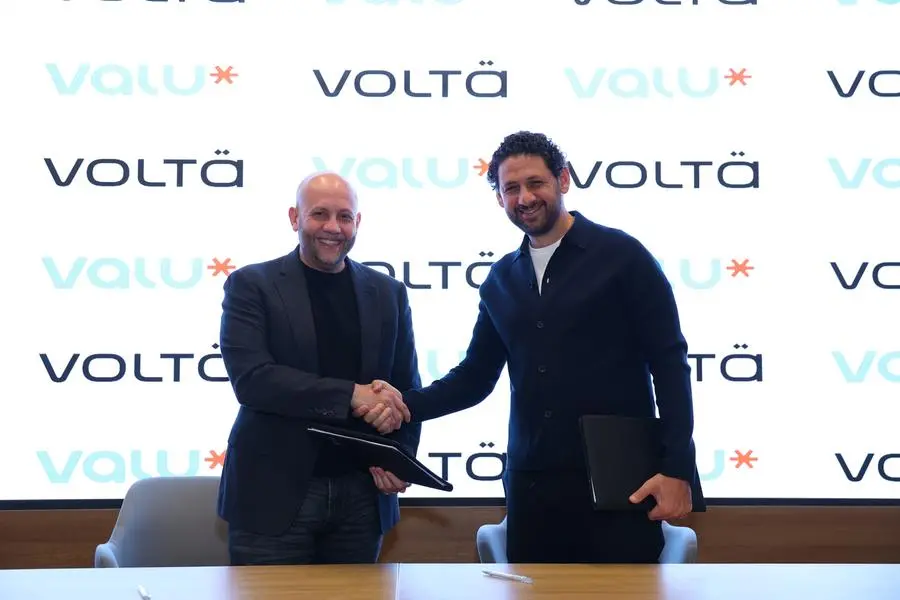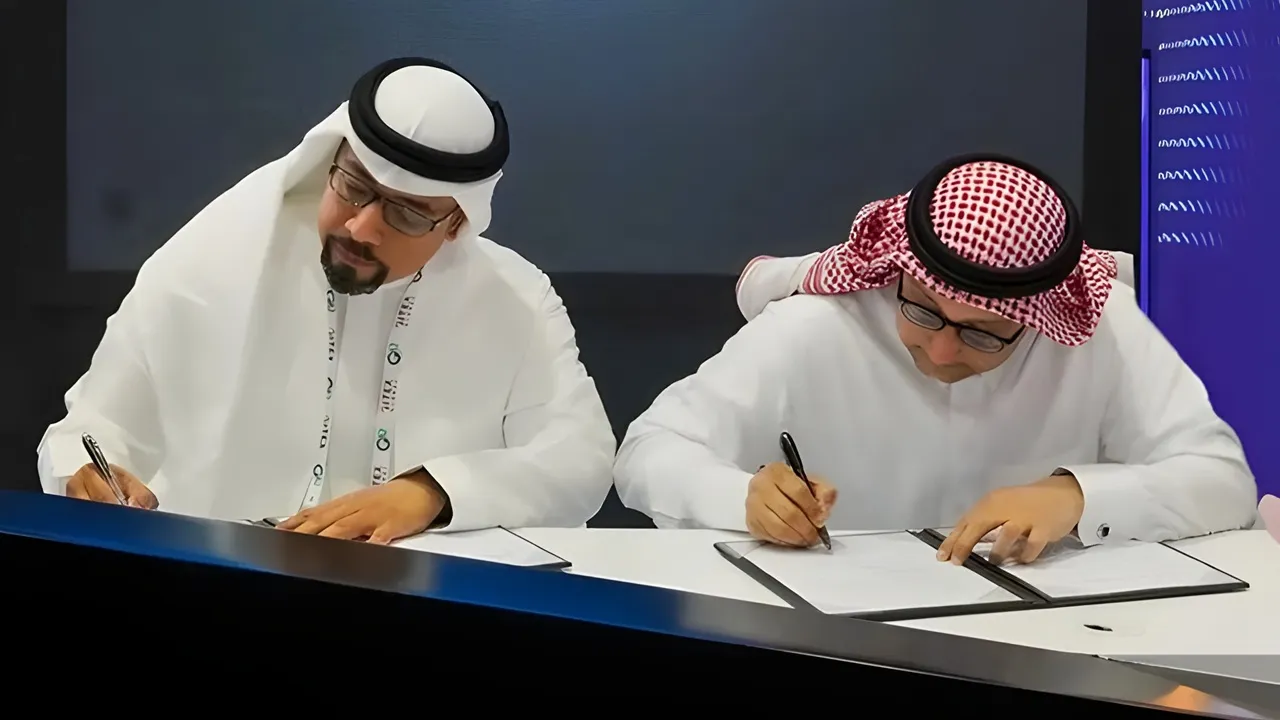In a recent podcast discussion with Microsoft CEO Satya Nadella, OpenAI CEO Sam Altman delivered a clear message on the company’s formidable financial performance. He revealed that the AI pioneer is now generating over $13 billion in annualized revenue, with ambitions to reach the $100 billion mark sooner than many anticipate.
Altman expressed strong confidence in OpenAI’s ability to manage the immense infrastructure and computing expenses required over the next decade. He emphasized that revenues are “growing sharply” and that the market shows a significant appetite for the company’s shares in secondary market transactions.
A Sharp Growth Trajectory
While acknowledging the real risks involved, particularly securing sufficient computing resources for training and running advanced models, Altman shifted the narrative from cost concerns to the power of demand. He noted that many who publicly express concerns about OpenAI’s spending would be the first to invest if given the opportunity.
Reflecting his pragmatic nature, Altman shared that one of the rare moments an IPO seems appealing is when he reads pessimistic forecasts about OpenAI’s future. On those days, he wishes he could ask skeptics to short the stock, confident that their bets would quickly unravel against the company’s actual performance.
From ChatGPT to an AI Cloud
Altman’s vision for growth extends far beyond ChatGPT. The company is strategically focused on building an “AI cloud” that will serve as a foundational platform for infrastructure and services. This is being developed in parallel with plans for AI-powered consumer hardware and ambitious models capable of automating scientific research pathways, thereby generating high-value economic knowledge.
This diversification of revenue streams provides OpenAI with a more robust foundation, reducing its reliance on a single product and positioning it competitively in the global race for advanced computing capabilities and chips.
The Trillion-Dollar Partnership
Microsoft CEO Satya Nadella provided a powerful endorsement, stating that OpenAI has consistently surpassed every business plan it presented to Microsoft as a key investor and partner. This is a significant testament to OpenAI’s operational discipline, especially as the company navigates an infrastructure race that will demand trillions of dollars in spending over the next decade.
When the host suggested a hypothetical timeline of reaching $100 billion in revenue by 2028 or 2029, Altman pointedly interjected, “What about 2027?” However, he clarified that there are no specific IPO plans for next year, though an eventual public listing remains a natural path for a company of its scale.
Relevance for the MENA Tech Ecosystem
The exponential growth of OpenAI has profound implications for the MENA region. For founders and startups, OpenAI’s expanding “AI cloud” presents both an opportunity and a challenge. Access to its powerful platform can accelerate product development, but it also increases reliance on a single, foreign infrastructure provider.
This dynamic is fueling the region’s push for sovereign AI capabilities, exemplified by initiatives like the UAE’s Falcon models. For VCs and tech professionals, OpenAI’s trajectory sets a new benchmark for AI investment, highlighting the importance of backing companies that can not only innovate but also demonstrate a clear and rapid path to monetization and operational scale. The competition for AI talent and computing resources is now a global contest, and MENA is positioning itself as a key player.
About OpenAI
OpenAI is an AI research and deployment company. Its mission is to ensure that artificial general intelligence (AGI)—AI systems that are generally smarter than humans—benefits all of humanity. The company is known for its pioneering work in large-scale AI models, including the GPT series and DALL-E.
Source: Jawlah














